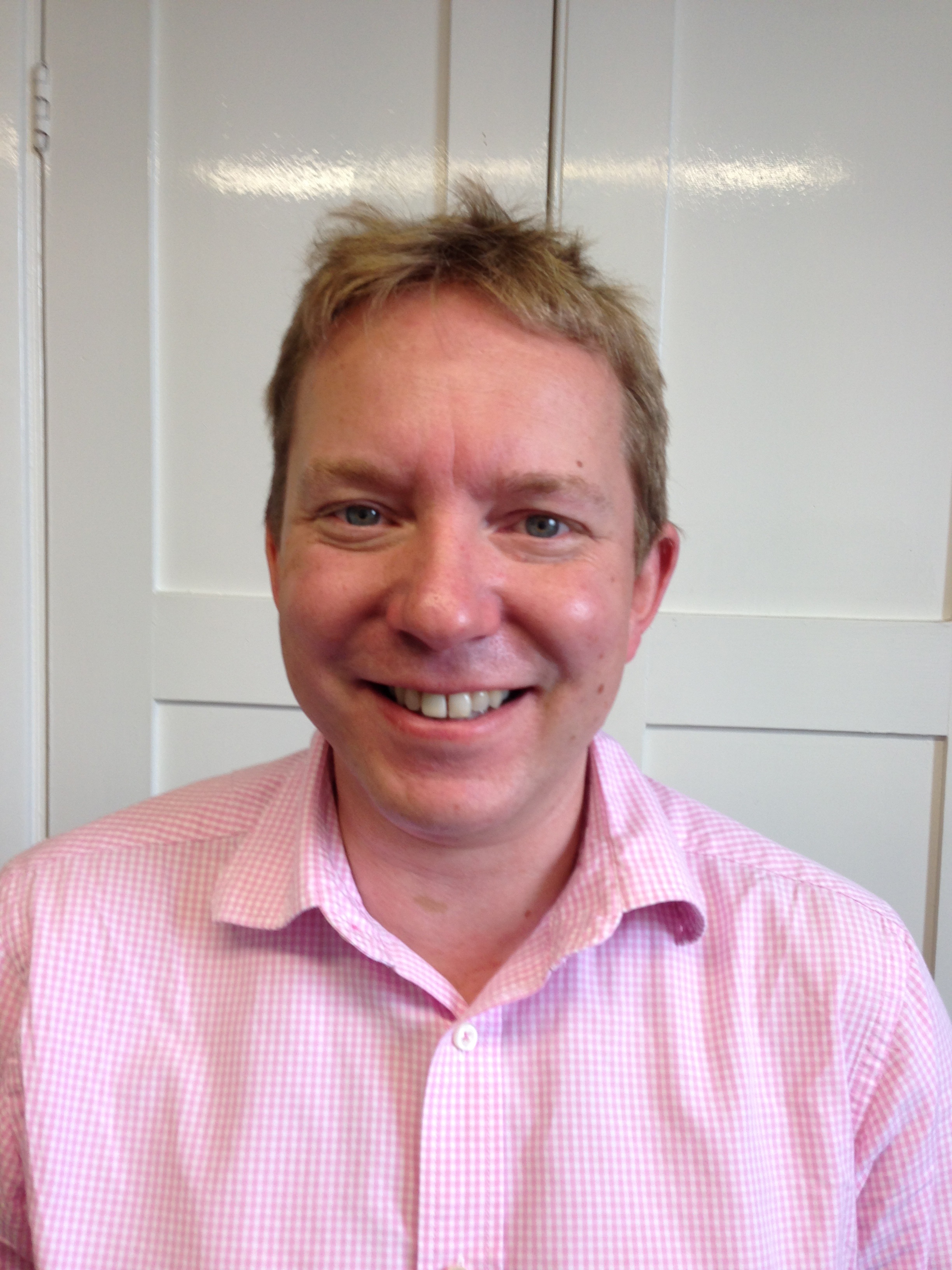by Dr Ollie Minton, Consultant in Palliative Medicine, Brighton, UK
I couldn’t get to Bournemouth for this year’s Association for Palliative Medicine conference so went for complete palliation (soins palliatifs, dude) in Switzerland, instead. The conference side-programme did not, on this occasion, involve a day visit to the Dignitas clinic, which I did point out on my feedback form. As a result I can share some thoughts about what I learned and bought home, aside from the Swiss chocolate and the #EAPC2018 hashtag. Being sufficiently cuckoo, I did not need to bring a Kuckucksuhr home, either.
Like every medical conference worth its salt, there needs to be a tag line – this was the research version of the annual European conference. (the other being the Comic-Con version). It was as I later found out an anniversary: “20 years of the EAPC Research Network, the 30th anniversary of the EAPC, as well as the commemoration of the 100th birthday of Dame Cicely Saunders.” Lots of decades of fine work there.
So you may ask what has changed over the course of time and the answer has to be somewhat tangential – plus ca change … However we are now in a position to future-proof ourselves and apparently that does not involve uploading our consciousness to the cloud, like in a Futurama episode. What it does mean -according to the plenary lectures- is more data on services , more trials and yes, more collaboration. I like the idea of mixing with other disciplines – not just oncologists, but (you heard it here first) other specialities, too. While it was great to see the usual smattering of psychologists, nurses , social scientists and the like, I did not see too many laboratory based ones, or dermatologists or pulmonologists, for that matter. I did look! All jesting aside, the lack of basic science representation was striking.
The reality that came through in the lectures I attended, is that many clinical interventions are still taking an enormous length of time to complete and end up being significantly underpowered. For me, there was no definitive practice-changing trial. The idea that no one wants to take part in research at the end of life has gone, but if you enter into a trial late, then attrition is of course high.
There were incremental improvements in the recognition of “earlier” palliative care links to nursing homes and community geriatrics / DNACPR discussions / planning and all the routine day to day clinical tasks. We are still referred to very late on ( 40-50 days before death) and there is ample data now proving the differences we can make – to quality of life, if not to survival. There are 328 pages of bumph if you want more http://journals.sagepub.com/doi/pdf/10.1177/0269216318769196 or you can merely quote Edward Denning “without data you’re just another man with an opinion”.
In all honesty the best thing about these conferences ( bar the location & beer) is the ability to think and forge new collaborations. I even expanded my horizons beyond the usual London based suspects to cross the Irish sea, so fully embraced the European collaboration with the All Ireland institute. Although I did miss my learn’d chums Paul Keeley and Mark Taubert terribly at the conference, both were yet again too cool for EAPC school and were probably DJ’ing or jamming at some obscure music festival. They never invite me.
We have to identify ways to get the numbers / power and funds to do the necessary research trials now well identified. If nothing else we need to get more international, like oncology, and I for one hope Brexit doesn’t impede our progress for Berlin 2019 http://www.eapc-2019.org/home.html and onwards to Palermo 2020 assuming the study leave budget stretches that far.
